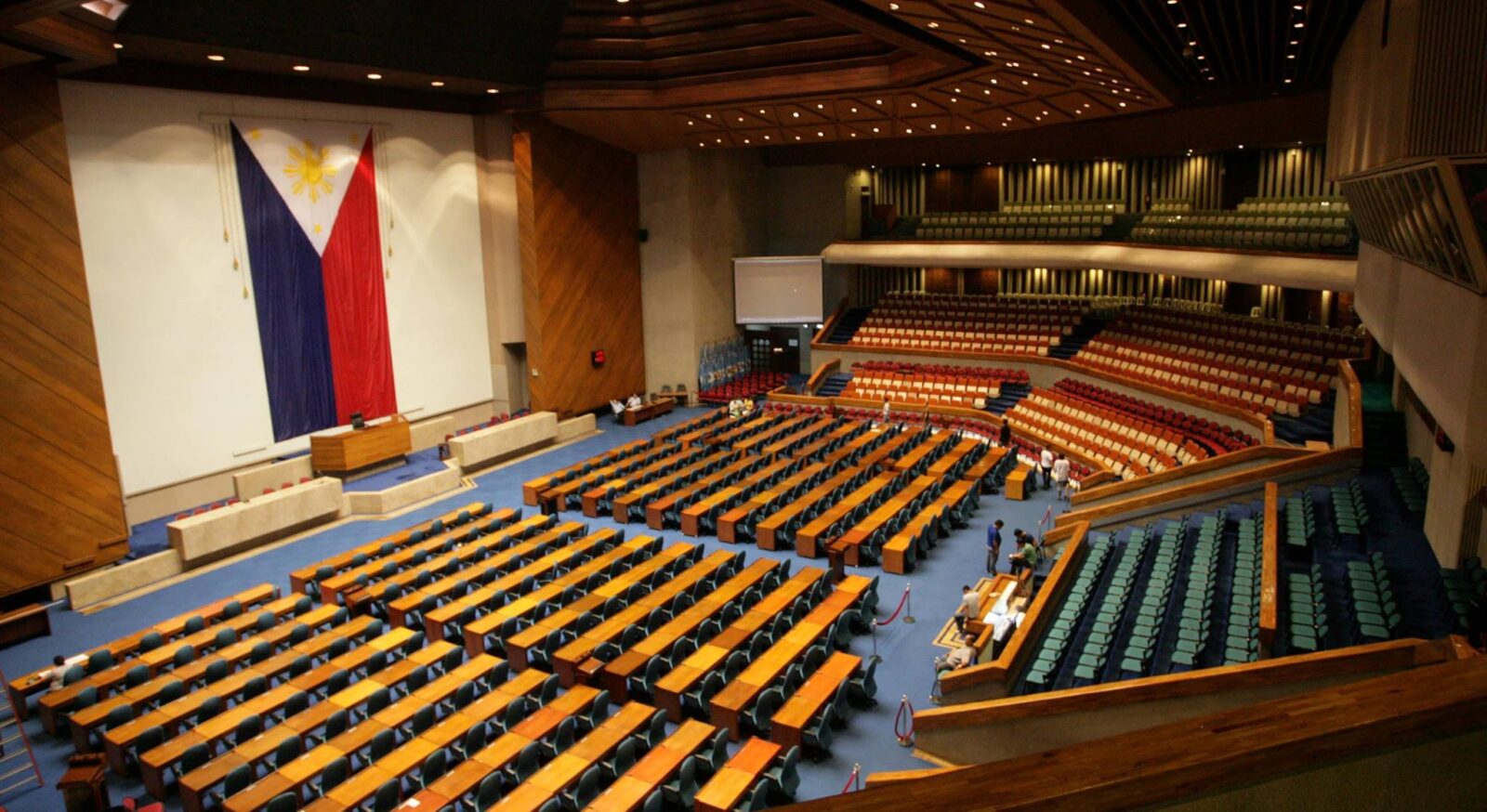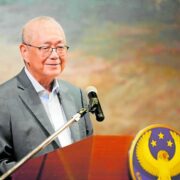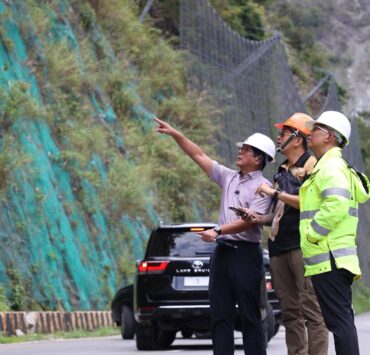Civil society group declines budget ‘observer’ role

Budget watchdog Social Watch Philippines (SWP) on Monday said it would not be seeking accreditation as an “observer” in the House budget proceedings, protesting that the newly adopted interim guidelines provide “limited avenues and mechanisms for genuine participation.”
On Aug. 6, the House of Representatives (HOR) adopted a resolution seeking to open meetings of the bicameral conference committee (bicam) to third-party observers, such as civil society organizations, to promote transparency in the budget proceedings.
Under House Resolution No. 94, accredited civil society organizations may actively participate as “official nonvoting observers in the public deliberations of the committee on appropriations and its subcommittees in the crafting of the national budget.”
Copies of the P6.793-trillion National Expenditure Program were later handed over to representatives of civil society organizations, including SWP, in a ceremonial turnover at Batasan complex on Aug. 13.
No ‘full discussion’
But in its statement on Monday, SWP said that while it “appreciates the HOR’s effort to promote citizen’s participation,” the interim rules under HR 94 “still fall short.”
“As currently framed, civil society and grassroots submissions will only be ‘accepted and noted’ without the chance for full discussion,” said SWP coconvener Jessica Reyes-Cantos.
“There is likewise an accreditation process that interested parties would have to go through. This reduces the public’s participation to a token exercise,” she added.
SWP noted that it had earlier pushed for key measures to strengthen citizen participation in the budget hearings, but these were not incorporated in the interim guidelines under HR 94.
These measures included recognizing civil society groups as “resource persons,” and dedicating time for discussions of sectoral and community-driven proposals.
“Amid widespread corruption and misuse of public funds, Filipinos deserve more than ceremonial engagements. True transparency allows citizens to voice their concerns and scrutinize how their money is spent,” Reyes-Cantos said.
Early passage
SWP also said that it submitted a letter to House Speaker Martin Romualdez that included suggestions for “confidence-building measures” that would show the “sincerity” of Congress in promoting transparency in the budget process.
The group called for the early passage of House Joint Resolution No. 2, which sets mechanisms for the opening of the bicam deliberations to the public, and the adoption of House Concurrent Resolution No. 5, which details the budget documents that should be made accessible to the public by both the House and the Senate.
SWP also urged that the versions of the general appropriations bill in the second and third reading from both the Senate and the House be made available in machine-readable formats, such as Excel.
“We may actually accept an observer role if these transparency measures are implemented, because then we can make our analysis quickly and share it with the public,” Reyes-Cantos said.

















